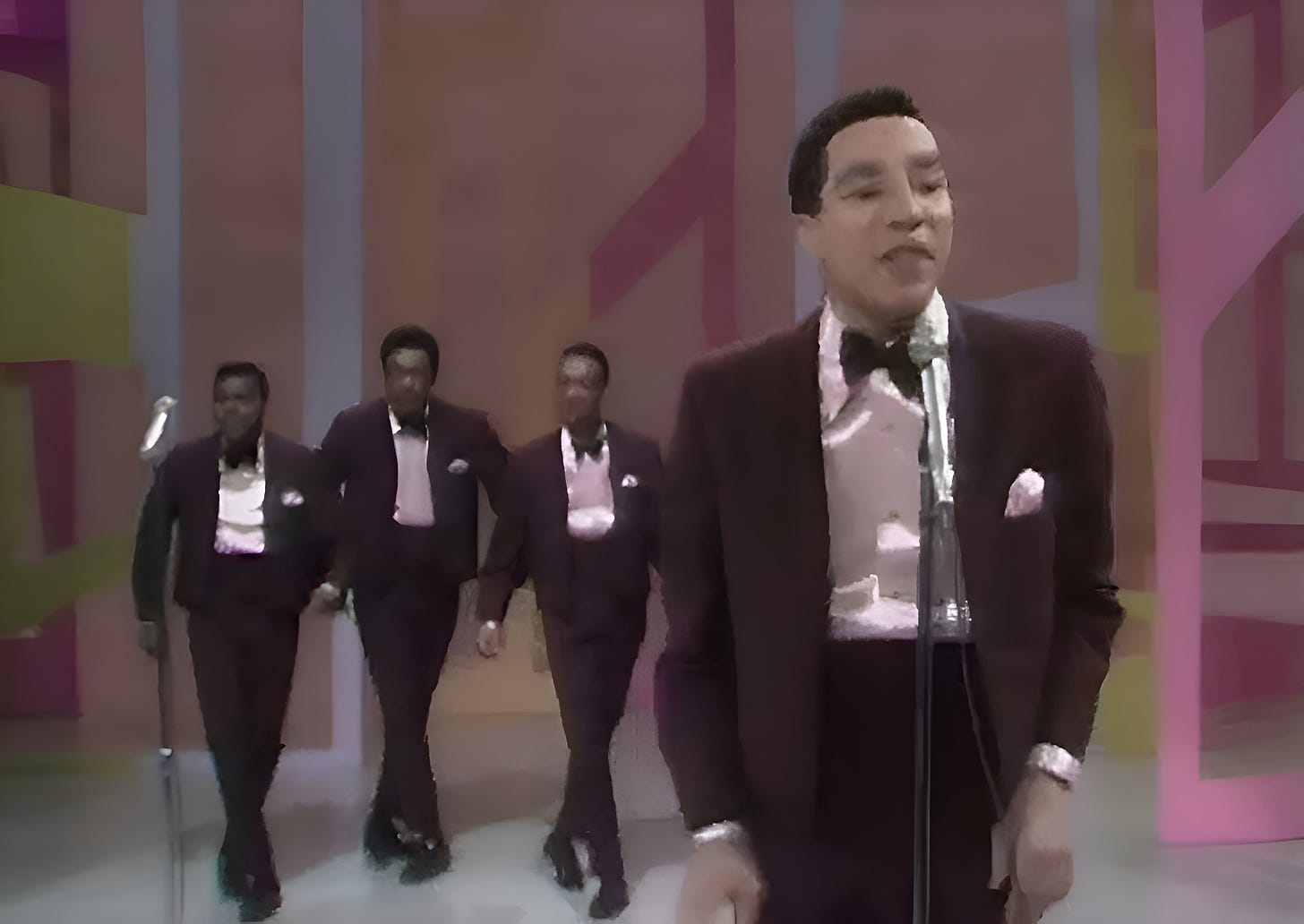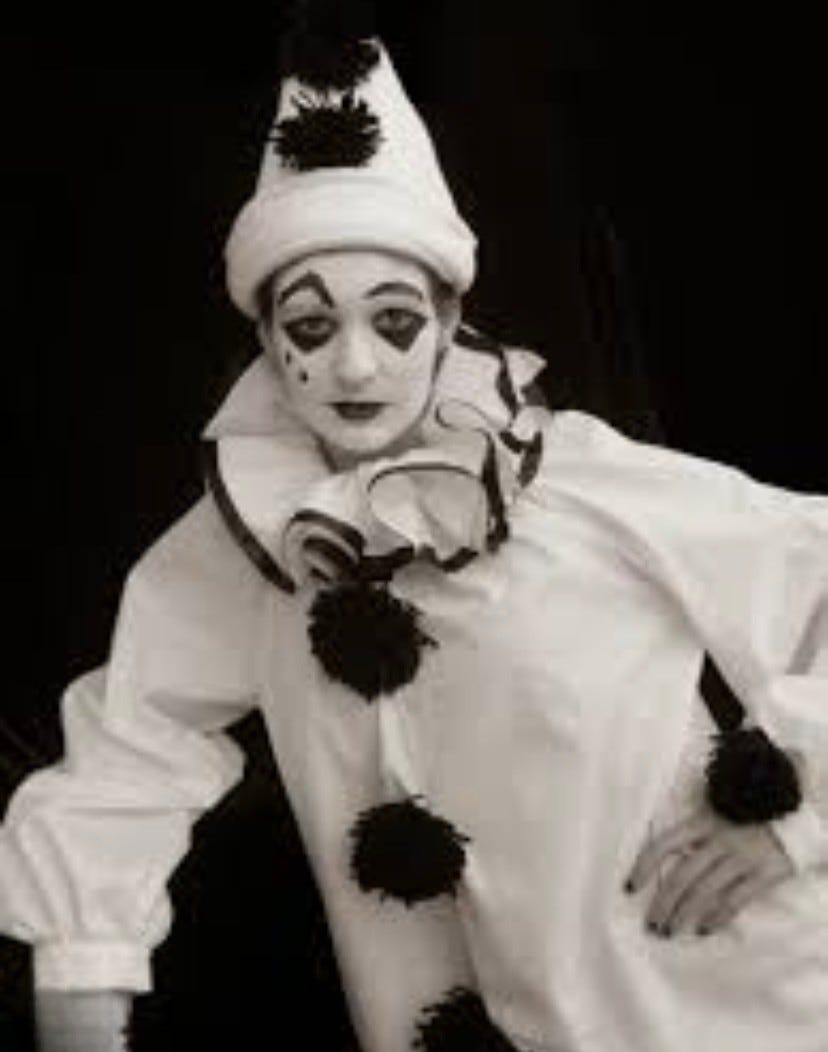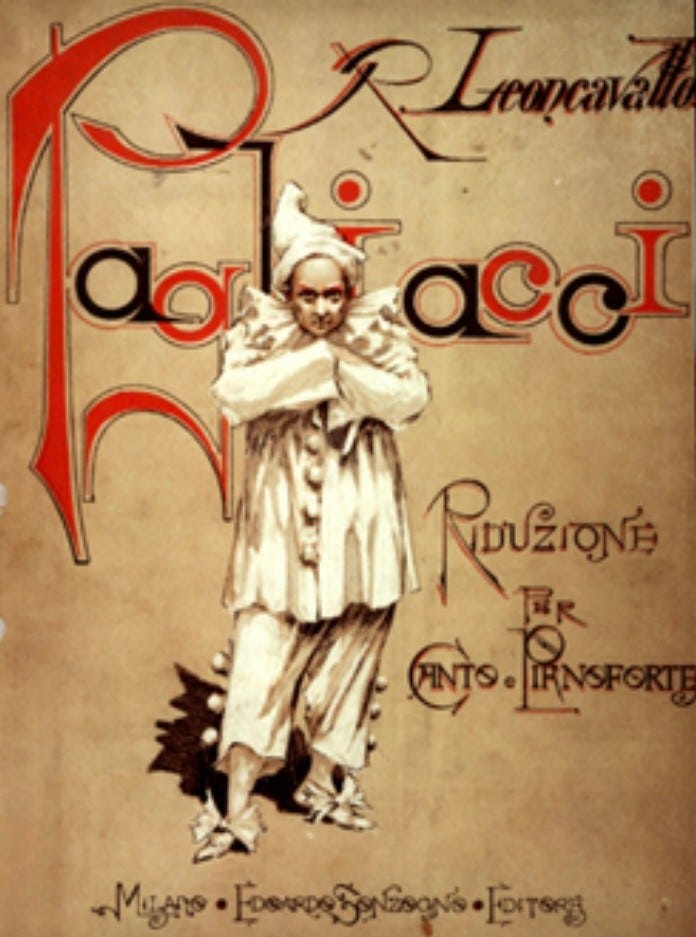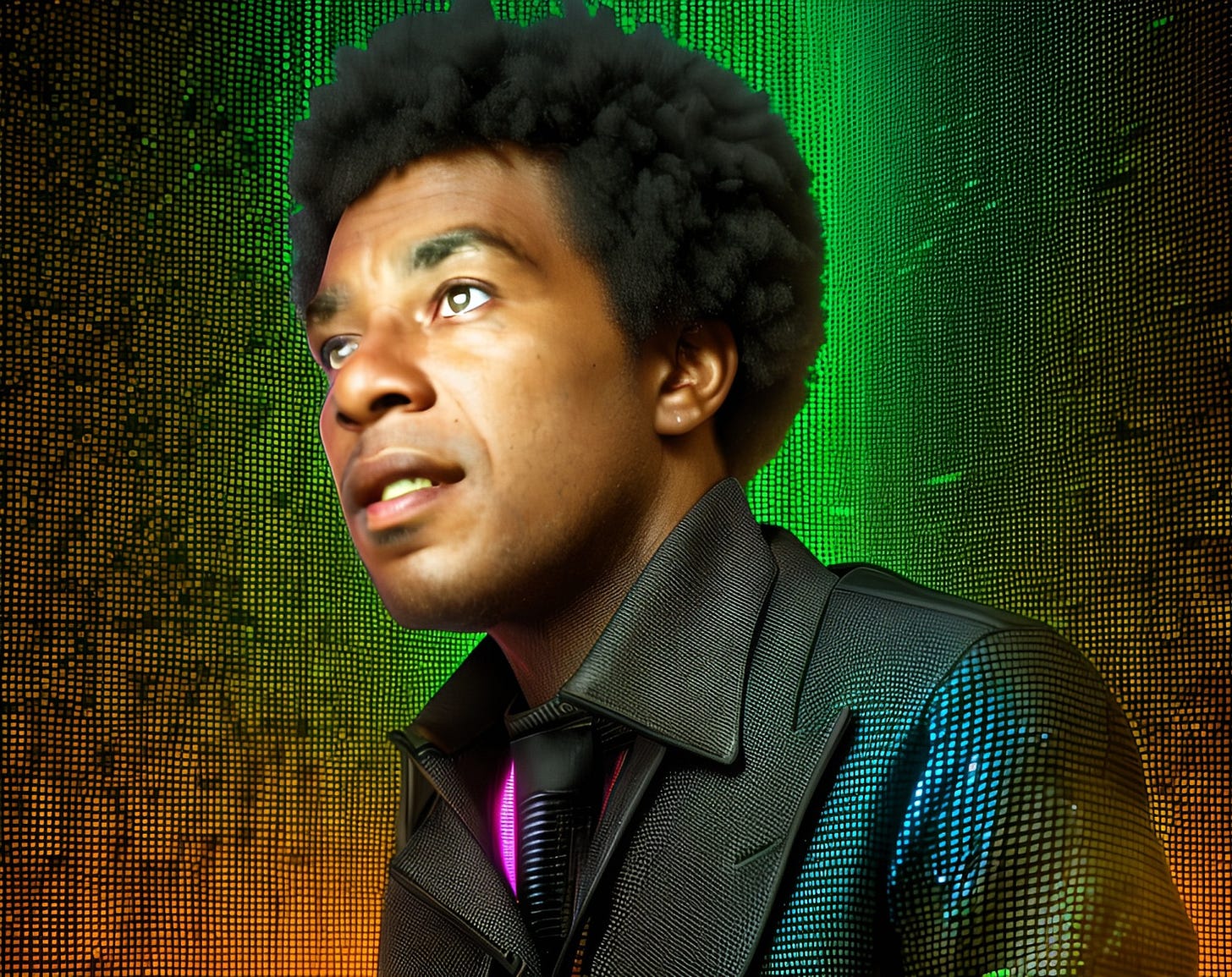Tom Jones, Dean Martin, Sammy Davis, Frank Sinatra, Jerry Lewis, and then there was Smokey Robinson, a Motown/RB legend who began his Las Vegas career at the original MGM Grand Hotel before it changed to Bally’s Grand in the 80’s when I started performing there. At Bally’s, I met Smokey, who, unlike the other greats I’d worked with at there, was one of the singers from my preteen years who made a lasting impression on me. I remember seeing him on the Ed Sullivan Show in 1968 in March of that year, right after my thirteenth birthday. His songs were happy, upbeat, and sometimes very sexy. It’s like he wrote them just for me. I was glued to the TV set when he appeared with The Miracles — all wearing maroon colored suits, and reminding me of the bands that played for teens at Tomorrowland’s Terrace Skyline in Disneyland, where the stage rose out from the ground and featured many popular performers of the time. Randy remembers seeing Gary Lewis and The Playboys there, but I can't recall who I saw; I remember dancing and having so much fun. They reminded me of one of those groups because of the energy they created with the audience. They sang a hit medley featuring “I Second That Emotion,” “If You Can Want,” and “Going to a Go-Go.” Smokey encouraged the audience to participate. Hence, the audience clapped their hands, and the vibe rang out to every living room in America, including ours, where I fell in love with his blue eyes and sound. They followed the trilogy honoring the Beatles by singing Yesterday. Apropos, considering The Beatles were one of Smokey Robinson and The Miracle's biggest fans. It was Smokey (aka William Robinson Jr) who wrote the famous Beatles song You Got A Hold On Me, where even today, Robinson expresses his admiration for The Beatles’ rendition of his song, stating that he feels honored by their cover. Smokey acknowledges the Beatles' artistry and their significant role in promoting Motown and soul music, which he attributes to The Beatles as one of the main reasons white people accepted his music. This was significant because not all of the world was ready for them in the mid-sixties. "Touring the South was rough back in those days," Robinson said. "We started touring during the height of the civil rights movement, you know? Down South, you can't even come in: No, you're not comin' in here. We've been shot at for trying to go to the toilet. Do you know what I'm saying? And we would go to restaurants, and we'd sit there, and you'd sit there for sometimes an hour before anybody would come in and say, We wish you would leave. Not, 'What can we offer you?' We wish you would leave." But that didn't stop them from touring in the South. "We were young and just out there doing what we loved. They weren't gonna stop us," he said. Indeed, they were truly unstoppable. Smokey Robinson and his Motown colleagues didn't just sell records; they played a pivotal role in breaking down barriers, particularly in the Southern states. He remarked, "When we first began performing there, everything was divided. The venue was segregated, with a rope running down the center of the concert hall. White people sat on one side, and Black people on the other, completely avoiding eye contact with each other." "And eventually, after about a year or so, we go down there, and you see white boys with black girlfriends and black boys with white girlfriends. And they were dancing together and all this stuff 'cause they had a common love. They had this music that they all loved. So, 'Hey man, forget all this racial stuff. We're gonna dance, listen to this music, and have a good time.' And it started to happen like that. And I'm very proud of that."
Unlike his friend Sammy Davis Junior, Robinson arrived in Las Vegas after hard segregation came to a close. Robinson felt empathy towards Sammy and realized he’d been here during the tough-for-nonwhites days, before Sammy’s friend Frank Sinatra and Marlene Dietrich told hotels they would cancel their contracts unless casinos treated more fairly African-Americans. Robinson recalls: “I thought that when I came up in the chitlin circuit — on the black tours and stuff like that — that it was rough.”But the chitlin circuit was a “picnic compared to what happened with Sammy.” “He couldn’t even live on the side of the town where the Strip was. He and his uncle and his father had to live on the other side of town.”

Video of Smokey Robinson and The Miracles on The Ed Sullivan Show
I don’t remember Sullivan’s introduction of Smokey Robinson and The Miracles or what he said afterward about their performance. Still, in a later interview, Smokey said with humor about Sullivan, “The first time that we were on there after we had performed, he said, “So, how about a big hand for Smokey and The Little Smokeys.” It made Ed Sullivan real, and behind his carefully crafted complimentary introductions of artists was a man who was fallible and made mistakes. It also showed Smokey's authenticity and how he could laugh at himself without getting caught up in his ego. And so often, performers are very sensitive about stage mistakes, and tantrums are common. Or maybe his smile was a veneer hiding the hurt he felt underneath the facade? Just like the clown Pagliacci from his song The Tears Of A Clown? And the song I hoped to hear that night on Ed Sullivan Show, but he didn’t sing it. At thirteen years old, it was my favorite song on the radio, and I loved it so much that I bought the album Make It Happen and wore out the track, playing it repeatedly. I played it over and over, listening to it, and it made me think a lot about how people sometimes hide their true feelings. When someone looks happy on the outside, you might not realize they’re feeling sad inside. Smokey Robinson gets that in this song. The music starts upbeat and fun, which makes me want to dance. But then you hear the lyrics, and it’s like, wow—he’s talking about putting on a brave face even when you’re hurting. It made me feel a mix of emotions because I think we all have days when we pretend everything is okay, even when it’s not. As a 13-year-old, it reminded me that it was okay to have complicated feelings and that you didn't have to feel like you had to hide them. Everyone has their moments, and that understanding made me feel more connected to the people around me. I understood my parents better and the complex, deep emotions my older sister felt when her fiancé died in Vietnam. "The Tears of a Clown" helped me see that sometimes, behind a smile, a whole story deserves to be heard. It opened my eyes to how complicated emotions can be, just as I was going through puberty when negotiating emotional waters are high tide. It prepared me to deal with future heartbreak. I’ve always loved Perrot clowns and Pagliacci clowns with broken hearts, laughing on the outside but crying on the inside. Pagliacci was a Shakespeare-type tragedy character in the second of the nine operas by Leoncavallo. An Italian clown.


I have a collection of Pierrot/Pagliacci clowns (The clown hero of Leoncavallo opera in 1892 was a later use of a late 1700 French Pierrot figure), and each reminds me a clown is always there to make everyone else laugh. Still, underneath it all, sometimes they're hiding their tears. Then I hear the lyrics to Robinson’s poetic song:
Just like Pagliacci did
I try to keep my surface hidden
Smiling in the crowd, I try
But in a lonely room, I cry
The tears of a clown
So, Smokey Robinson was a friendly and accessible guy. He liked company and always had friends from his crew and cast surrounding him. Often, we’d be included in his backstage casual soirées. He flirted a lot with me, but he was outgoing with everyone. I told him my favorite song of his was Tears of A Clown and how much I loved him years earlier on the Ed Sullivan Show, but I missed him singing that song. So he'd be sure it was in his repertoire whenever he performed at Bally's when I was there. I’d run to the light booth to watch him live whenever I heard it over the backstage speakers. Once, he was there for his birthday, about a week before mine in February. A surprise party was thrown for him backstage. It was a fun celebration, where he knew it was my birthday soon and toasted me like it was my party. But then it didn’t end there because, on my birthday, I was serenaded by Tears Of A Clown by him out the hallway by my dressing room and he presented me with the cutest Pagliacci clown figurine I still have today. I wish iPhones had been invented so I’d have a recording of the event, but regardless, it’s a memory emblazoned in my brain and moments I hold dear to my heart. Recorded there forever.
Reflecting on my 13-year-old self, I remember the enchantment by the story of Pagliacci. I thought about the clown, who brought laughter to others while hiding his sorrow. I understood that the struggle of life has a way of presenting moments that can be sad or disappointing, and I often found myself in situations where the world feels heavy. Yet, I learned to turn those tragic moments into something different—something magical. Like Pagliacci, I discovered that laughter and joy can be found even when all hope is lost.
Over the years, I've developed a talent for transforming tears into smiles. When life presents challenges—heartbreak, losing a loved one, or simply feeling left out—I often remind myself of my 13-year-old self who admired the resilient clown. I’ve turned my sorrow into humor by sharing a funny story with myself, a whimsical joke, or even dressing in bright colors on gray days, growing flowers, loving my cats and dogs, being blessed with my loving husband Randy, and knowing God. I carry the spirit of Pagliacci with me. Happiness can be created, and just as magic can turn sadness into joy, I try to bring magic to everyone around me, lifting spirits and brightening hearts, just as Pagliacci did with his performances. At 71 years old next week, I cherish my special clown. Thank you, Smokey Robinson.






Very nice write and Happy Birthday next week, young lady!
Ah, to be 85 again knowing what I know now. ;-)
I had heard that song a million times and never listened to the lyrics! I always thought it was a happy song which is somewhat poetic.